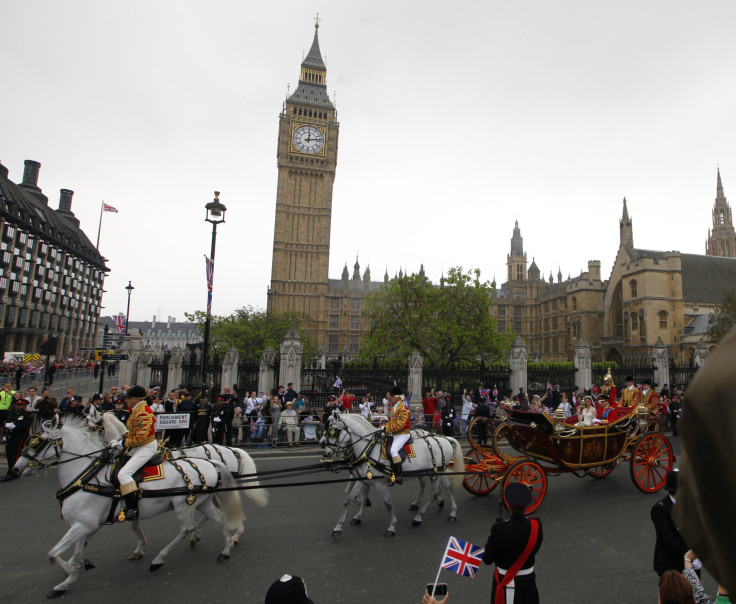If You're Headed To The UK, You May Have Your Phone Seized

Anyone traveling through British land, air or sea ports can have their mobile phone data seized and kept indefinitely by British police without probable cause.
That’s the most damning detail that has come out yet from an annual report on Britain’s counterterrorism efforts due for public release this week from independent reviewer David Anderson QC.
While the expert on EU law says seizing mobile communications such as emails, call histories, photos and metadata that can reveal a user’s recent whereabouts is a vital tool in fighting terrorism, “ordinary travellers need to know that their private information will not be taken without good reason or retained by the police for any longer than is necessary,” he told the London Telegraph, which reviewed an advance copy of the annual report.
Tens of thousands of travelers are stopped every year as they come in and out of Britain under the country’s 2000 Terrorism Act and its Prevention of Terrorism Act 2005. How many of them have their mobile data seized is unknown, but Anderson’s report claims that police have complete authority to do so because the limits to their search powers -- such as requiring probable cause of suspicion or a search warrant -- are not defined.
The U.K. group Privacy International says seizing mobile phones should occur only when there is certainty that data within them is essential to a specific counterterrorism investigation.
In last summer’s 142-page report, Anderson accused British authorities of "excessive enthusiasm" in their application of counterterrorism legislation and that the law was “bitty, messy and hard,” reported The Guardian. The report lambasted the excessive denial of bail for suspects and that the authorities needed better coordination in stopping and searching people passing through the country’s ports.
In September, the government responded to the report by defending “lawful interception of communications” and that counter-terrorism efforts “are difficult, complex and of crucial impotance to protecting the public and national security.
© Copyright IBTimes 2025. All rights reserved.






















